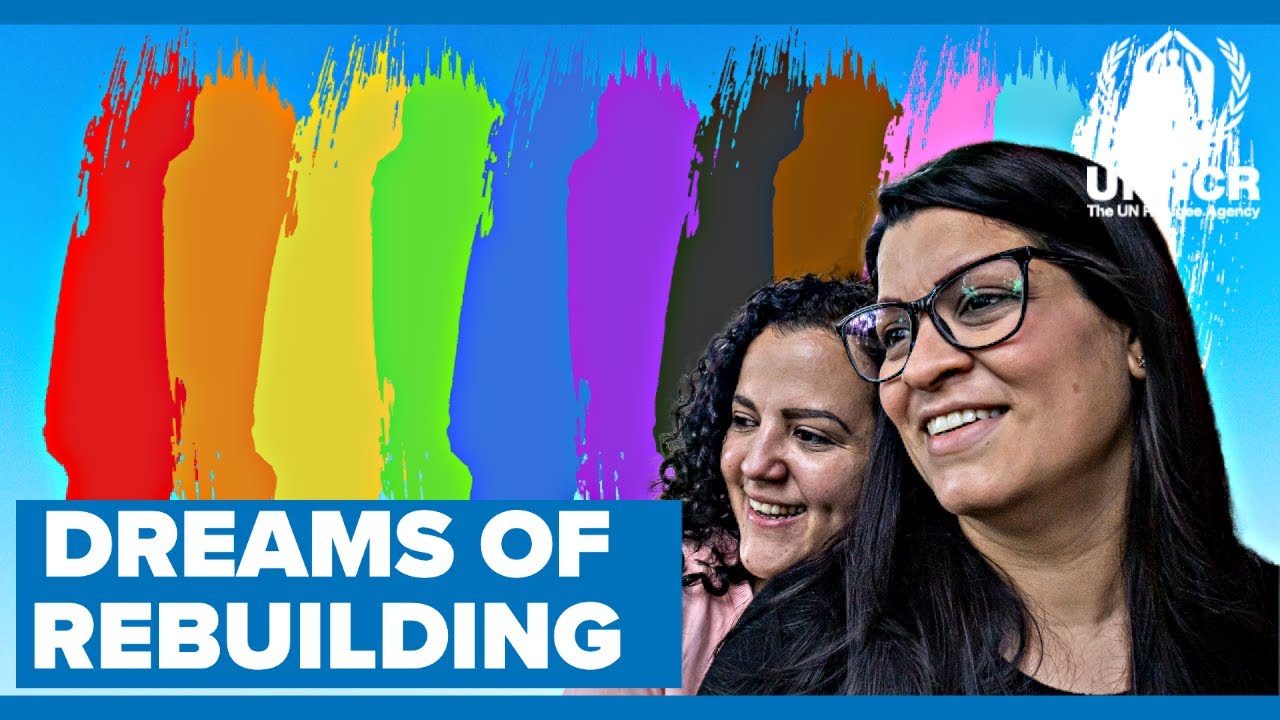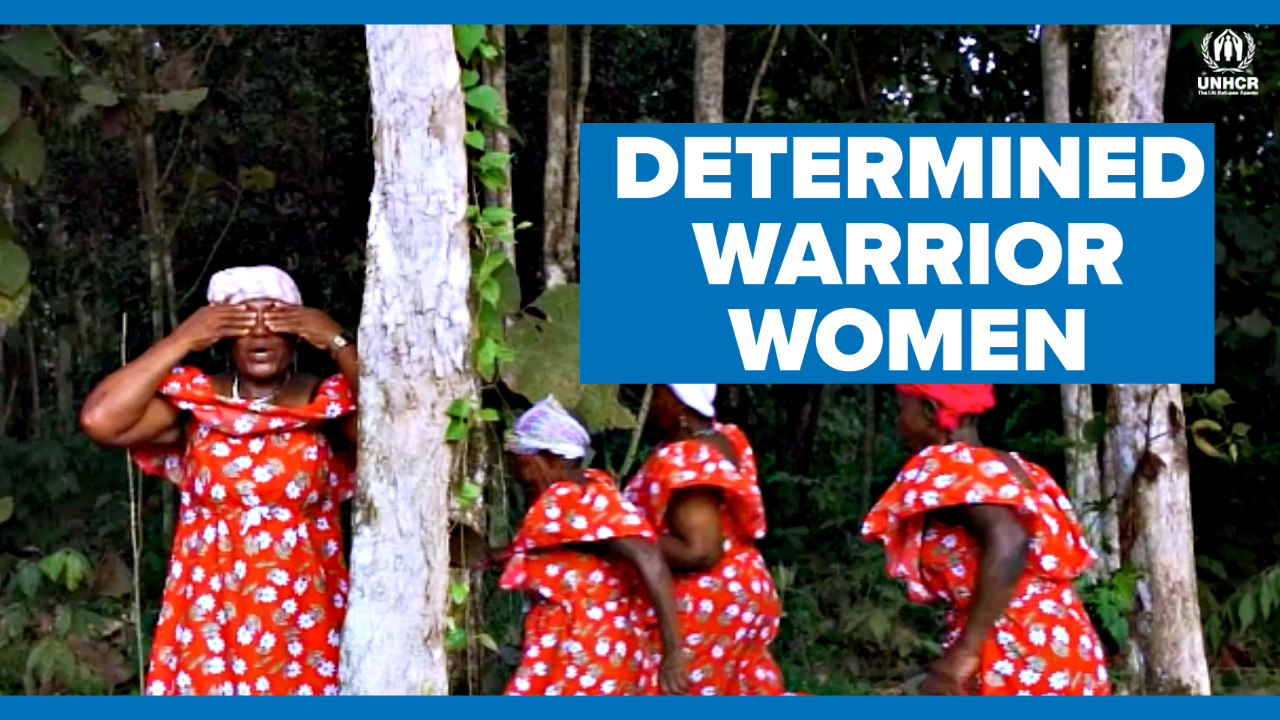Call for UNHCR staff to join goal of ending HIV/AIDS-related discrimination
Call for UNHCR staff to join goal of ending HIV/AIDS-related discrimination
GENEVA, December 2 (UNHCR) - UN High Commissioner for Refugees António Guterres marked World AIDS Day with a call on the refugee agency's staff to join the campaign to end discrimination against people living with HIV/AIDS.
Noting that this year's theme was "Zero Discrimination," Guterres said that "stigma and discrimination continue to be a major barrier for people trying to access HIV prevention and treatment, driving them away from the information and services they need; exacerbating HIV risk and undermining the effectiveness of the response."
The High Commissioner, in a special message on Sunday to staff, said that refugees and other people of concern to UNHCR continued to be excluded from the national AIDS strategies in several host countries and their needs were not consistently addressed in proposals submitted to major donors. "Their exclusion is discriminatory and undermines effective HIV and AIDS prevention and care efforts - both for refugees and host communities," he said.
Guterres stressed that UNHCR continues to strive towards optimal HIV and AIDS service provision for refugees, internally displaced people and others of concern. By the end of 2012, refugees in 93 per cent of host countries had access to antiretroviral therapy at a level similar to that of the surrounding population, he noted.
During the conflict this year in the Central African Republic, UNHCR was instrumental in working with the government and the Global Fund to Fight AIDS, Tuberculosis and Malaria to address the disruption of antiretroviral treatment, as part of its co-leading role with the World Food Programme in the UNAIDS Division of Labour for HIV in emergencies.
"Another priority is the provision of post-exposure prophylaxis (PEP) to rape survivors, an area in which most countries have shown sustained improvement in this area from 2010 to 2012. For example, in Tanzania the percentage of rape survivors receiving PEP rose from 49 per cent to 80 per cent during that period, and in Kenya from 54 per cent to 98 per cent. However, stigma and discrimination are among the challenges that have many countries still struggling to reach the standard of 100 per cent," Guterres said.
"Key populations at a higher risk of HIV infection - including sex workers, people who use drugs and others - continue to face high levels of stigma and discrimination," he noted while adding that UNHCR and its partners implement a number of initiatives to address the protection and health needs of sex-workers as well as sexually exploited and abused adolescents, for example in East Africa and Latin America.
Stressing the important role that all UNHCR staff can play in eliminating HIV-related stigma and discrimination from the workplace, Guterres said: "Discrimination and intolerance diminish us all, and they can affect not only our persons of concern, but also our staff and loved ones."








